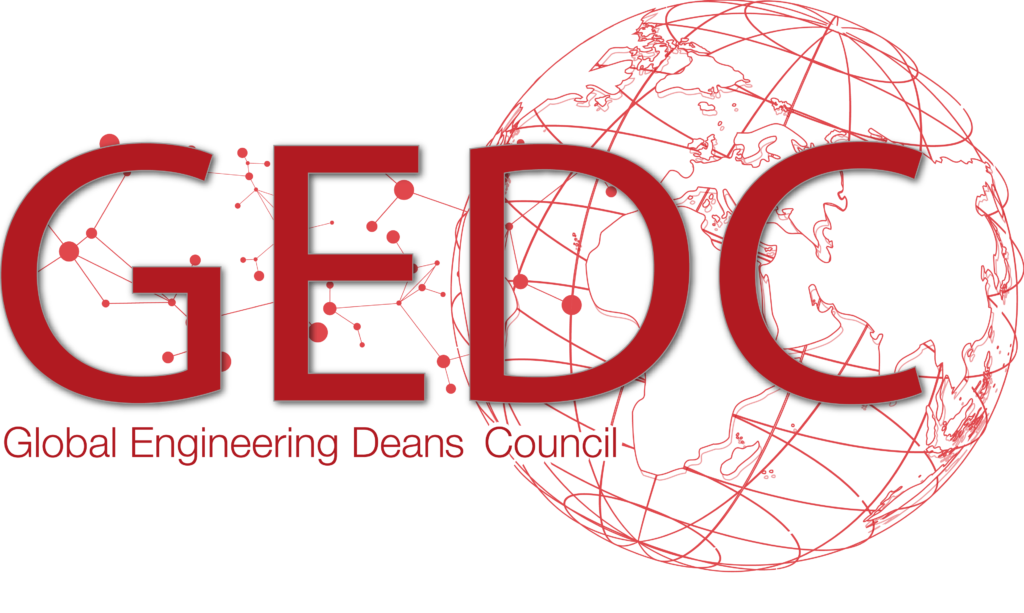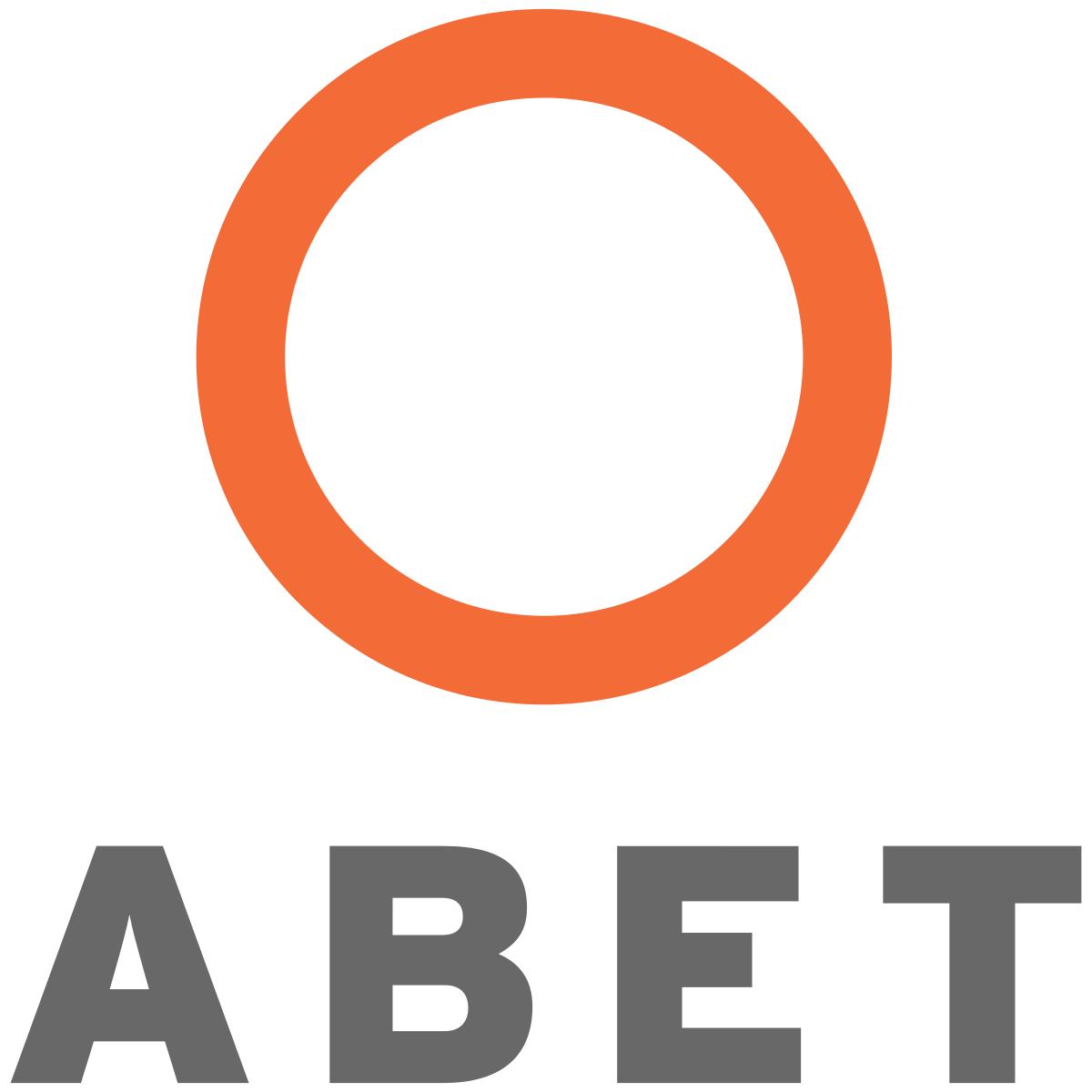Authored by: Guillermo Oliveto & Uriel Cukierman
In the ancient Greek language, Krátos (κράτος) means strength or power, hence “democracy” is interpreted as “the power of the people”. A simple internet search shows that on some occasions the term “educracy” is associated with the combination of education and democracy, but in no case with what would be its original etymological root, that is, “the power of education” . Historically, many democracies were formed through a Revolution.
Today everybody is talking about an “Educational Revolution”, mainly as a consequence of the pandemic and artificial intelligence. The first of these due to the effect it had and is having on educational systems at all levels and in all corners of the world. The second, evidenced these days by the infinity of articles that describe the possible effects of tools like “ChatGPT” in education. Isn’t it time then to transform that Educational Revolution so that, as a result, we reach an “educracy” (the power of education)? It has been heard that education empowers citizens, but it is well understood, for this to happen, education must not be a mere instruction or assimilation of knowledge by students, but rather the education of a person capable of developing his or her status as a full citizen in the society which he or she is a part of. As Paulo Freire expressed through his work, the educational act is the main strategy to educate citizens. The sovereign must be educated, said Sarmiento.
A full democracy requires individuals capable of thinking critically, discerning by using their own critical judgment and not getting carried away by media trends or viral information. As the former General Director of UNESCO, Federico Mayor Zaragoza, recently expressed in an interview: “Our hope is that education focuses on cultivating those capacities that make us human: thinking, anticipating, innovating, imagining, creating”.
A few years ago, Sir Ken Robinson said that the world was going through revolutionary changes and that to meet them a revolution in education was needed. But for this Educational Revolution to take place it is necessary to change the system from its root. Prioritize learning over teaching, what is the purpose of what we teach if students do not learn? What is the use of evaluating knowledge that they will soon forget after having acquired it? Until when will we maintain an educational system that was created in a time and for a society completely different from the current one? The present-day educational system was useful when knowledge was scarce or limited and difficult to access for the common people, but today both conditions no longer exist. Knowledge is increasing in geometric progression and is infinitely more accessible than just a few decades ago.
Let’s try to remember our activities and customs just a few decades ago, nobody had a computer at home, there was no Internet, there were only 4 or 5 channels on the television, the telephone was fixed and tied to a cable to the wall, the mail was something that was written on a piece of paper and sent in an envelope to be received, in the best of cases, several days later, etc. But the classrooms and most of the educational practices today are the same as at that time, even more, almost the same as in the 19th century. The other issue is that, with very few exceptions, people are not trained for work, for employability, especially in high school.
But also at the University, where a lot of time is needed to complete a baggage of knowledge that allows access to the world of work. The progress of the Formative Paths and the possibility of obtaining Micro-credentials are important, but we still do not have a chained educational project whose mission is to train entrepreneurs, workers and, above all, citizens prepared to face the challenges of the future. We must have a systemic vision of Education. What is observed today are isolated compartments that have little or no interrelation with each other.
In short, it is necessary to actively promote the Educational Revolution to bring Education to power. If we did not do so, may future generations blame it on us.
This article has been originally published in Spanish, click the link below to read it:











